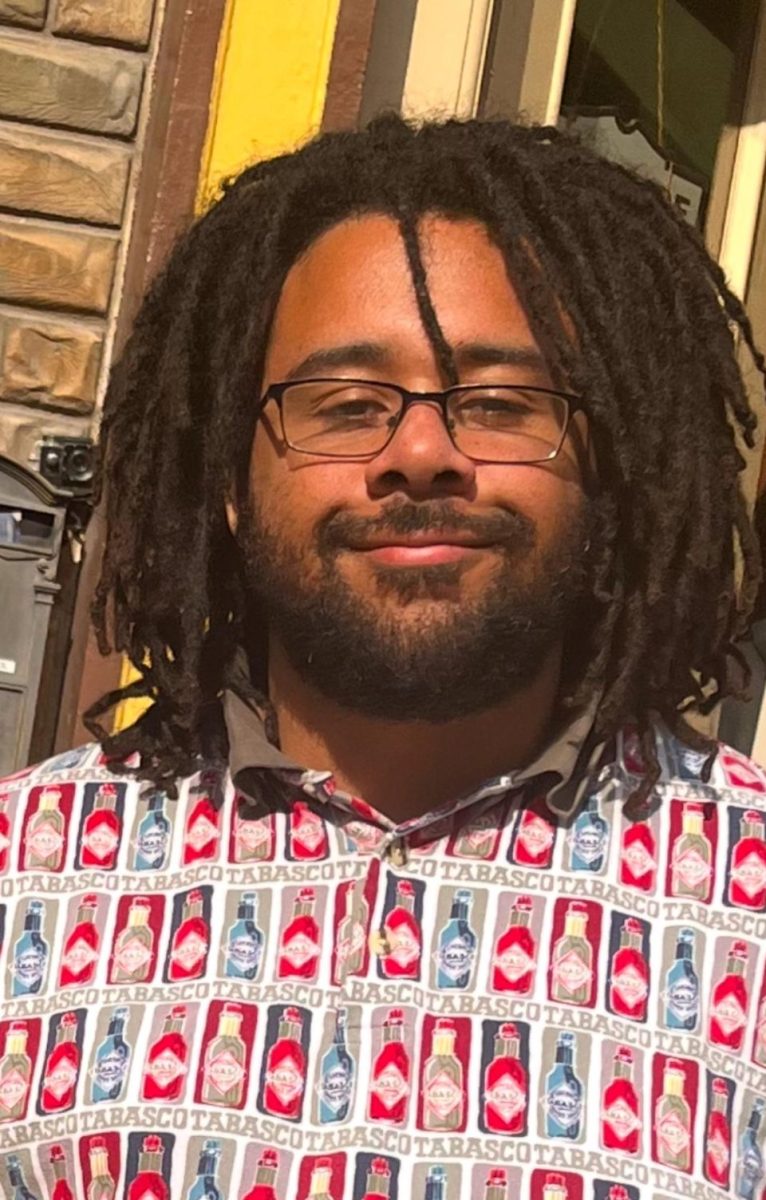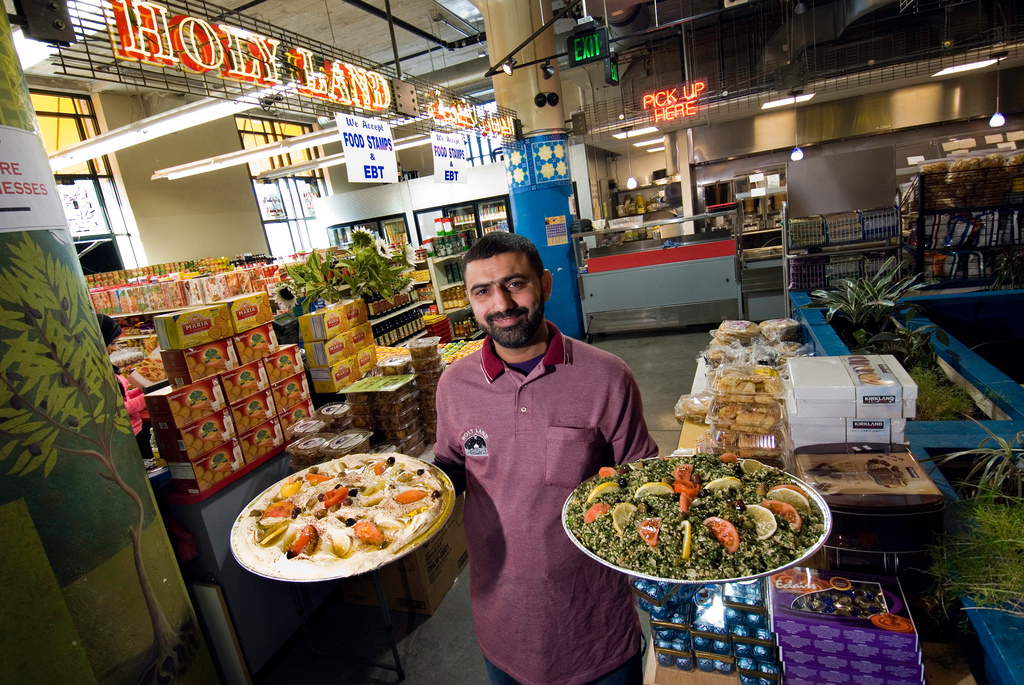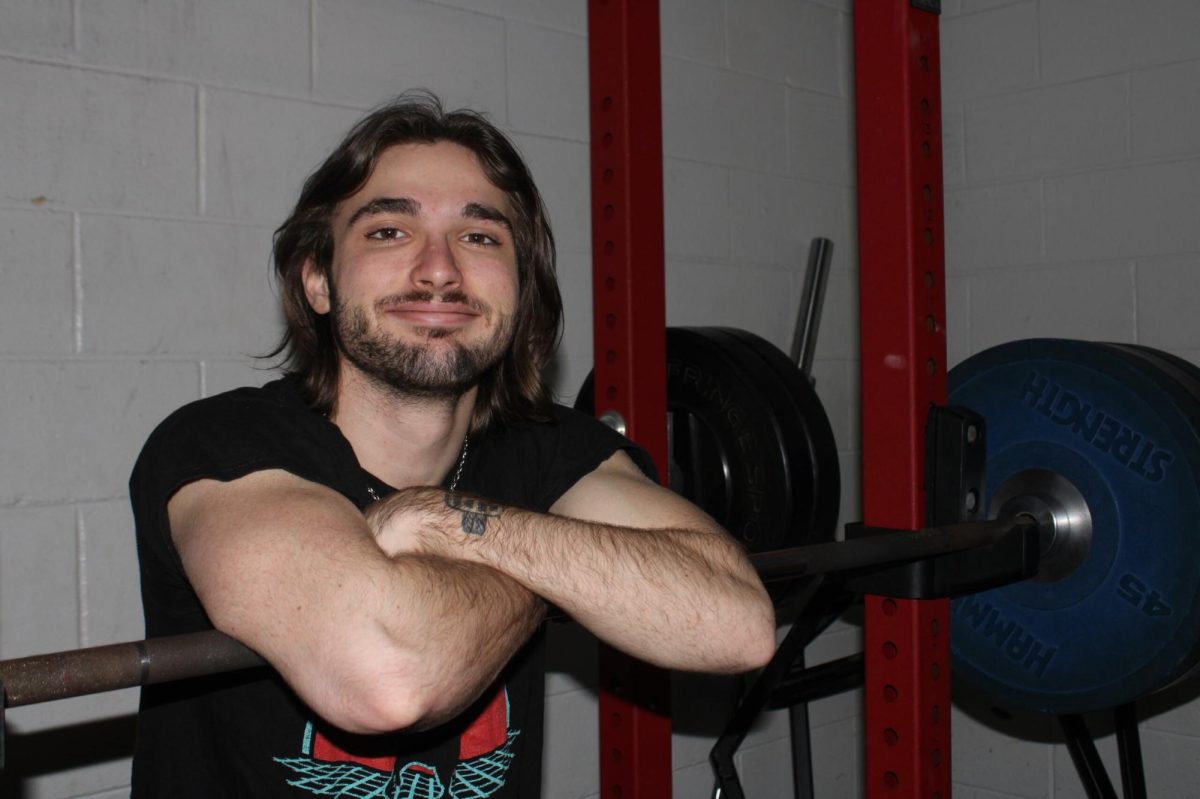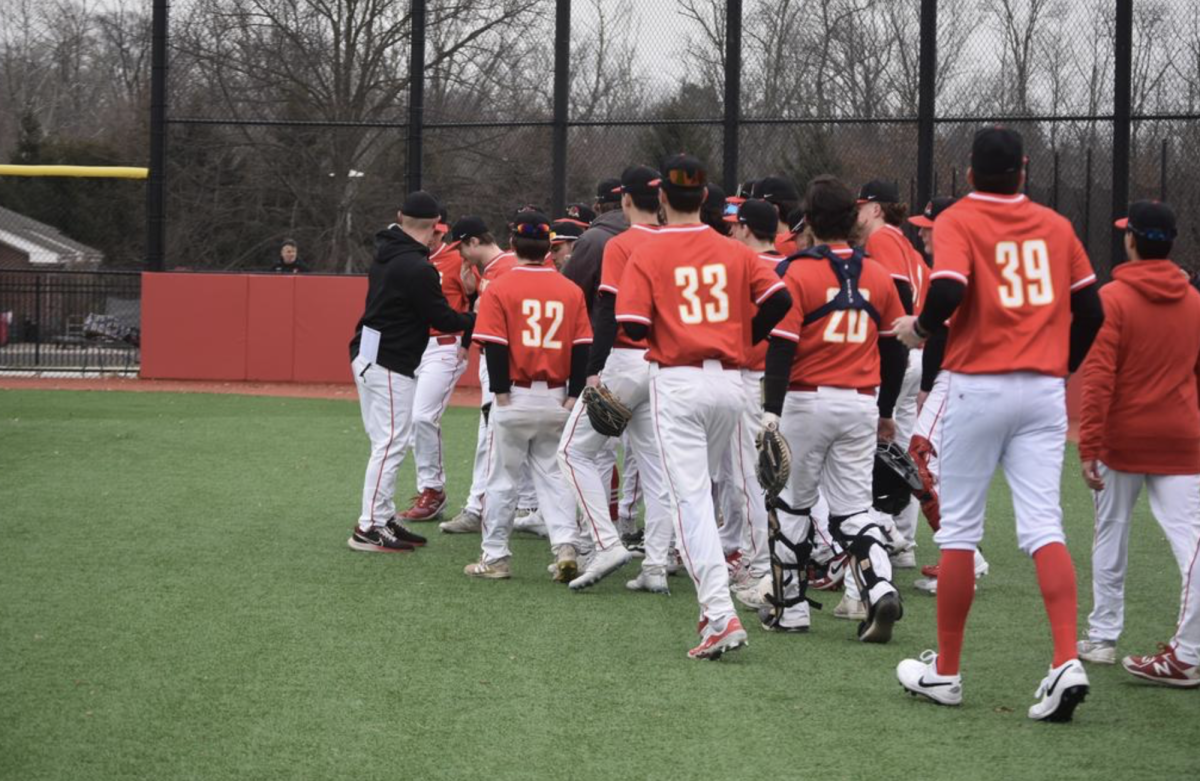According to the FBI, in 2019, there were over 1,203,808 violent crimes that occurred nationwide. In a world that experiences violence, the importance of faith has become crucial in many aspects of life. Across diverse religious traditions, the principles of compassion, forgiveness, and nonviolence have become a vision for individuals seeking peace.
Former Gang Member Becomes Prison Minister
According to U.S Sun, Johnny Chang was involved in gang activities since the age of 12. Raised in the San Gabriel Valley in Southern California, he was drawn into a life of drugs, gangs, and violence, ultimately leading to years in prison. For more than a decade he was in and out of prison, witnessing events that c sparked years of PTSD.
After leaving prison, his mother set up an intervention with Johnny and her current pastor. Through conversations and connecting to faith — and in the midst of being doubted and ridiculed — , he continued to developed his beliefs and and was able to make dramatic positive changes in his life.
Chang’s journey of faith has led him to become a prison minister, counseling and evangelizing those who are suffering from similar struggles that he once faced. He shares his testimony through social media platforms, hosts Zoom Bible studies, and conducts one-on-one sessions to spread the message of hope and redemption found in Jesus Christ.
Despite the challenges and obstacles he has faced, Chang remains loyal in his faith, trusting in the Word of God above all else. His testimony has touched the lives of millions, serving as a beacon of light for those in darkness and a reminder of God’s transformative power.
Diverse Beliefs, Common Nonviolence
According to A Pew Research study, 76.5% of Americans believe in faith. There is a common theme of promoting nonviolence as a foundational principle across a diversity of religions and spiritual traditions.
In Buddhism, the concept of ahimsa, or non-harming, lies at the core of ethical conduct. Followers are encouraged to cultivate compassion and refrain from causing harm to anything alive. This helps foster a sense of interconnectedness and respect for life. A life of nonviolence. Throughout history, Buddhist communities and leaders have advocated for nonviolent resistance to oppression and injustice. Figures like the Dalai Lama and Thich Nhat Hanh have exemplified the principles of nonviolence in their teachings and activism, promoting peaceful dialogue and reconciliation in the face of conflict. More information here.
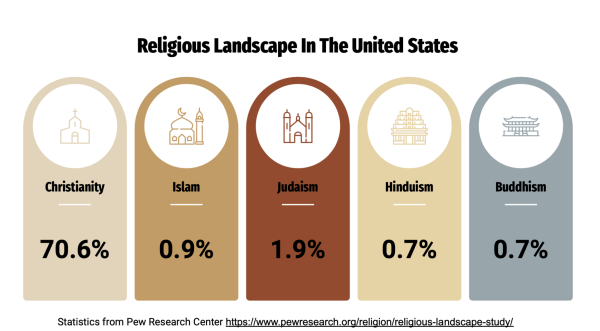
In Christianity, the teachings of Jesus Christ emphasize love and forgiveness, advocating for peaceful solutions of conflicts. Throughout history, there have been Christian movements and individuals who have embraced nonviolence as a central tenet of their faith. Figures like St. Francis of Assisi, and Martin Luther King Jr. have drawn inspiration from Christian teachings to advocate for nonviolent resistance to oppression and injustice. One of the most notable teachings on nonviolence in Christianity comes from Jesus Christ himself, who famously said, “Love your enemies and pray for those who persecute you” (Matthew 5:44). More information here.
Similarly, Islam stresses the sanctity of life and encourages believers to seek justice through nonviolent means whenever possible. The term “Islam” itself is derived from the Arabic word meaning “peace” and “submission to the will of God.” The Quran, the central religious text of Islam, contains numerous verses emphasizing the importance of peace, reconciliation, and nonviolence. For example, in Surah Al-Baqarah (2:256), it states: “There shall be no compulsion in [acceptance of] the religion.” More information here.
In Hinduism, ahimsa is regarded as the highest ethical principle, promoting the interconnectedness of all living things and the prevention of harm. Ahimsa is not only about refraining from physical violence but also extends to non-violence in thought, speech, and action. It encompasses compassion, kindness, and respect for all living beings, including animals and plants. One of the most famous proponents of ahimsa in Hinduism is Mahatma Gandhi. Who used a life of nonviolence promoted through his beliefs to create social changes. More information here.
Judaism is surrounded around the pursuit of peace and justice. One of the core teachings of Judaism related to nonviolence is found in the concept of “tikkun olam,” which translates to “repairing the world.” This concept embraces the idea that individuals have a responsibility to work towards the betterment of society. Jewish tradition also includes teachings on forgiveness and reconciliation, encouraging individuals to seek forgiveness from others and to offer forgiveness in return. More information here.
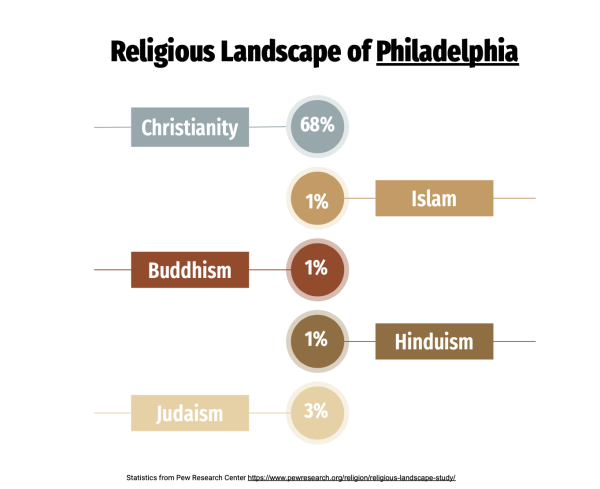
Regional Faith-Based Nonprofits
Nonprofit organizations rooted in faith principles often play a crucial role in creating community resilience, advocating for justice, and promoting peace through nonviolent means. These organizations are driven by a sense of obligation and guided by principles of compassion and empathy, and actively engage in addressing issues surrounding Non-Violence.
Pax Christi Lehigh Valley, a membership organization aligned with the Gospel and Catholic social teaching, rejects war, violence, domination, and racism. As a part of Pax Christi International and USA, it advocates for disarmament, reconciliation, and justice through nonviolence. Guided by spirituality, it promotes inclusiveness, economic and interracial justice, human rights, and environmental stewardship. Through prayer, study, and action, Pax Christi Lehigh Valley addresses intersectional issues and strives to be an anti-racist, multicultural Catholic movement for peace and justice. This nonprofit lives through the vision of “a more peaceful, just and sustainable world through the efforts of our members and in collaboration with other groups”. To learn more about Pax Christi USA, click here.
The Philadelphia Martin Luther King, Jr. Association for Nonviolence, Inc. is dedicated to preserving and furthering the legacy of Dr. Martin Luther King, Jr. by educating, advocating, and promoting nonviolent theory and philosophy. Collaborating with educators, businesses, social and religious organizations, and the broader community, the Association develops and delivers educational programs and events aimed at fostering nonviolent social change. Through these efforts, the Association aims to cultivate leadership and promote peaceful activism across all sectors of society. This nonprofit organization hosts several events, ceremonies, and gathers to help spread their teachings, and promote their beliefs. To learn more about this organization, click here.
The Foundation of HOPE emerged from the former chaplaincy program of Christian Associates of Southwest Pennsylvania (CASP), with CASP providing crucial support for its growth. The Foundation of HOPE offers a variety of care to incarcerated individuals and returning citizens, encompassing Chaplaincy, Pre-Release, and Aftercare services. While HOPE has many different programs, one program for the youth addresses Non-Violent, low- to medium-level offenses, aiming to prevent further involvement in the justice system. Overall, these programs in HOPE aim to achieve their goals through a variety of interventions, including counseling, religious services, discipleship, practical resources, life skills education, choice awareness training, and one-on-one mentoring. More information about this organization is listed here.
Philadelphia Ministry Community Outreach
Having emerged from a rough upbringing in Philadelphia and witnessing brutality firsthand and the murder of his brother, Joey Perez connected with faith and lives the message of non-violence.
With his wife Damaris by his side, Joey founded Worldwide Evangelistic Ministries, Inc. and Worldwide Evangelistic Ministries Church in Philadelphia, where they serve as pastors. Together, they have a variety of outreach efforts, including street evangelism, Thanksgiving dinners for the needy, and toy distributions at Christmas, all with the goal of sharing the gospel and bringing salvation to the masses. Perez’s ministry extends beyond the streets of Philadelphia, as he travels internationally as a speaker, evangelist, and author. Learn more about the news coverage, his story, and Joey Perez.
This post is the second in an ongoing series exploring the critical concern of nonviolence. This focus on faith and nonviolence aims to expand our understanding in our region and beyond. See related DigComCrew content by clicking on these links, Nonprofit educates public on domestic violence, Educating Students about Sexual Harassment In The Work Place,Embracing Non-Violence Through Through Faith.

